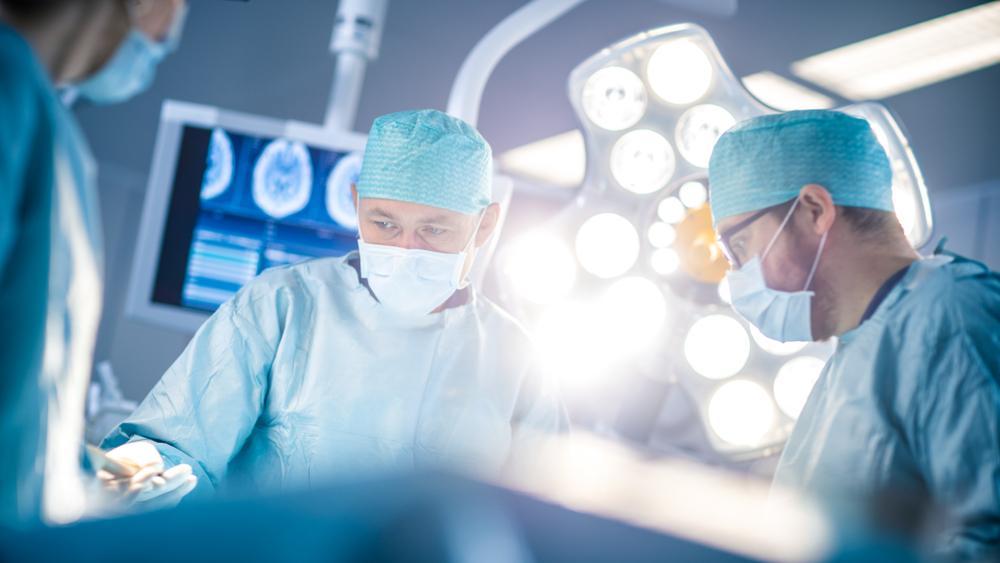
3 Super Helpful Tips To Prevent Discomfort Post Gallbladder Surgery

If you’re having your gallbladder removed, you may be focused on the procedure itself and on preparing for it. But knowing how to take care of yourself after your operation is just as important.
Here at Desert West Surgery in Las Vegas, we’ll do everything we can to minimize your discomfort before, during, and after your gallbladder surgery. In this blog, we want to share three helpful tips you can use to stay comfortable after surgery.
Allow time for healing
While everyone’s recovery is different, it can take your body 1-3 weeks to recover from gallbladder surgery. During your recovery, you may experience:
- Belly pain
- Sore throat from the breathing tube
- Bruising at the incision site
- Nausea and vomiting
You may also experience pain in your upper back and shoulders from the gas we used to inflate your belly to improve visibility during your surgery. This pain may linger for up to a week.
It’s also not uncommon to experience loose stools after eating when you’ve had your gallbladder removed. This side effect can last 4-8 weeks and sometimes longer.
Keep moving
You’ll need to take it easy after we remove your gallbladder, but that doesn’t mean you should sit and watch TV for the next three weeks. Generally, you should only need complete rest for the first 24 hours. After that, you should attempt to get up and walk as often as possible. Being active may even help you recover faster. Your body is good at telling you when you’ve reached your limit, so listen and rest when it tells you.
You may need to limit how much you lift for a period of time. In general, we advise patients to not lift more than 10-15 pounds for up to six weeks to allow your incision sites to fully heal and prevent unnecessary injuries.
Modify your diet
We generally advise patients to resume their normal diets once they’re home, but you may need to make some modifications depending on what you consider your normal diet.
Your gallbladder served as a storage unit for something called bile, which is a substance made in your liver that helps digest fat. With your gallbladder removed, you may need to watch your fat intake until your digestive system adjusts.
Eating fried or fatty foods may lead to abdominal cramping and diarrhea. Instead, fill your diet with low-fat, healthy foods that are high in fiber. We recommend:
- Fruits and vegetables
- Whole grains
- Healthy proteins, such as poultry, seafood, or lean red meats
- Beans, peas, or lentils
Over time, your liver will compensate for your missing gallbladder and deliver the bile directly into your small intestines to help you digest the fat.
You may want to keep your meals small so you won’t overload your digestive tract. You should also drink plenty of water to keep things moving and to stay hydrated.
Gallbladder surgery is common, but that doesn’t mean it isn’t serious. We want your recovery to go as smoothly as your surgery.
To learn more about what’s involved with gallbladder surgery, call Desert West Surgery today.
You Might Also Enjoy...


Lumpectomy vs. Mastectomy: Understanding Breast Cancer Surgery Choices

5 Benefits of Robotic Surgery

It's a New Year: Are You Due For a Colonoscopy?

After Gallbladder Removal, Will I Need to Eat a Special Diet?


